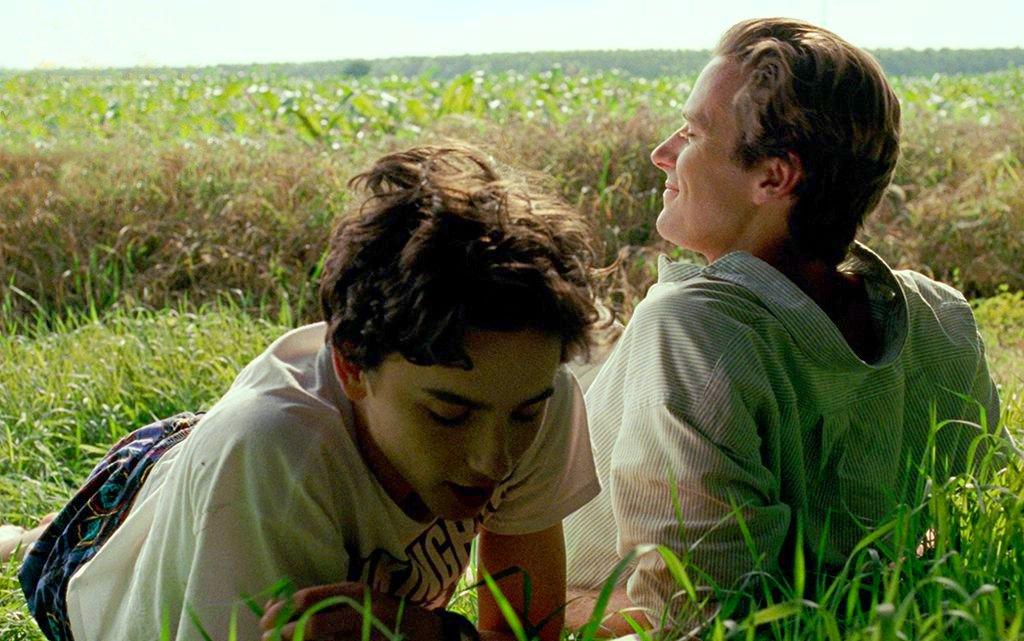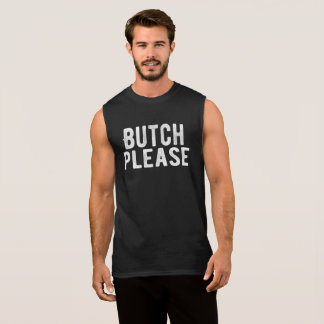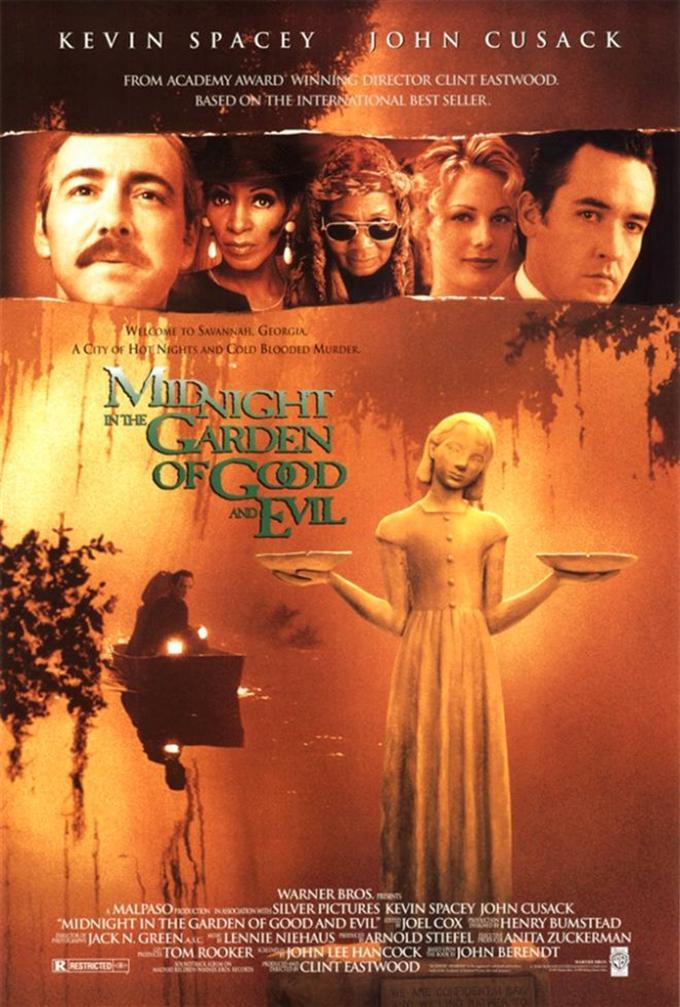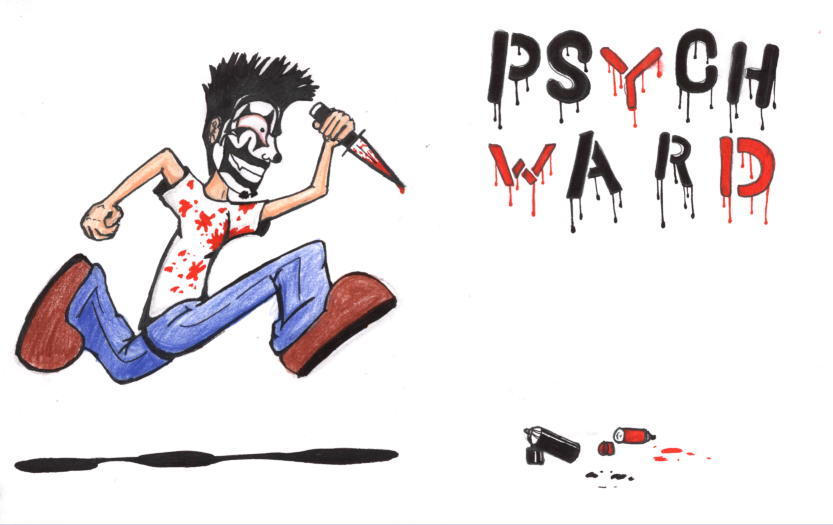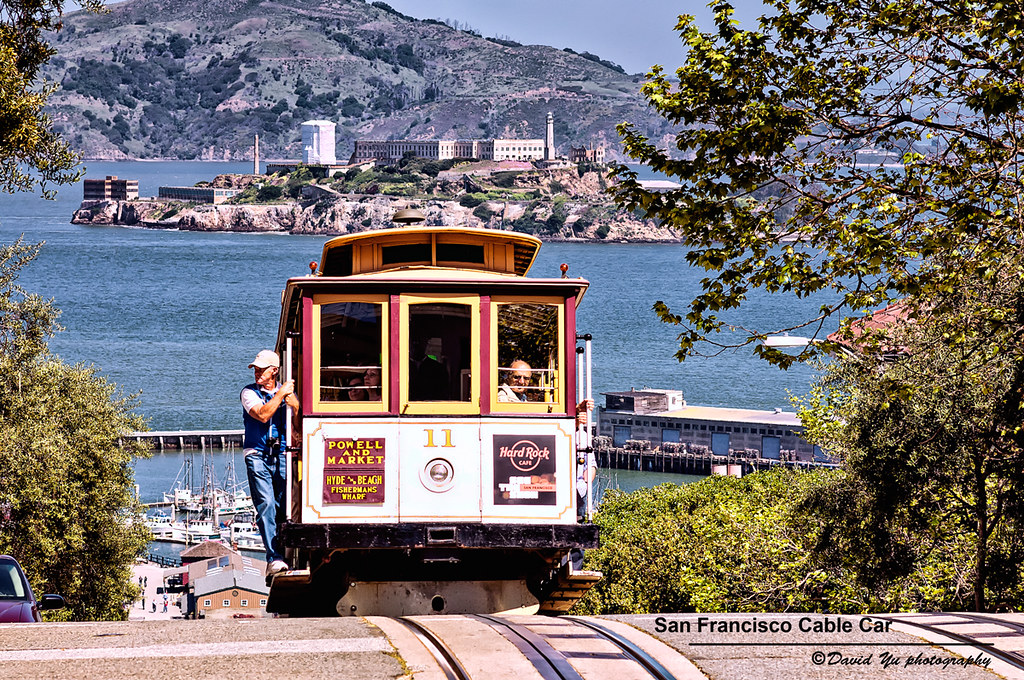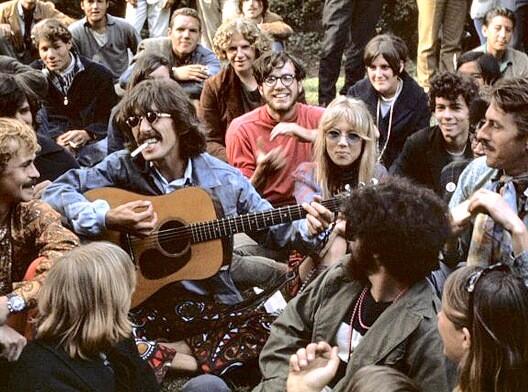I’ll say it. I think it’s time we move beyond simply being
amazed that a gay love story appears on film. And I think it’s time for critics
to do the same.
Yesterday I went with a friend to see “Call Me by Your Name”
and I was very uncomfortable as it played out. Not because of the gay subject
matter—duh!—but because, twenty-five minutes in, my gay friend leaned toward me
and said, “Is it just me or is this thing dragging? Is it truly awful?”
It wasn’t awful, at least in my opinion. But the joy of
something lessens when the person you’re with doesn’t feel the same. It’s like
when I go to a restaurant and the service isn’t great and that becomes the
primary focus of your companion. Maybe I
should wander into the kitchen to grab someone’s entrée. Anyone’s! And, yes,
maybe I can find a projection room and skip ahead a half hour. It didn’t help
that the man behind me had a coughing fit during the opening credits and never
fully recovered. He unsuccessfully tried to contain his hacking and heaving for
the whole movie. My friend left to use the restroom three times and I found
myself cringing each time a new scene or development came on screen after the
ninety-minute mark, knowing my friend had had enough and the fellow behind me
might need a medical attendant.
Even though I liked the film—circumstances
notwithstanding—it was slow. The movie clocks in at 132 minutes, but it did
feel like three hours. Not much happened during the first half hour aside from
characters drinking apricot juice. (If you’re mad that I just gave something
away, reread the previous sentence to see what it actually is that I revealed.
Like I said,…slow.) It is true that Armie Hammer is easy on the eyes and Timothée
Chalamat’s hair is its own natural wonder. I had plenty of time to take in
both. It is also true that the intention was to create a sense of unsatisfied
longing, given that the movie is set in 1983 and there is a significant age
difference (24 and 17), with actor Hammer looking closer to 30.
Here we are, forbidden love and sexual tension. Again. We’ve
seen it in “Brokeback Mountain”, “Maurice” and “Moonlight”. All quite good (and
coincidentally(?) with beautiful cinematography). But these movies aren’t about
the relationship. They’re about whether there will even be a relationship.
Will they...?
Will they...?
Will they?!
I'll admit for the first time here that my mind wandered during parts of "Brokeback" and a different gay friend with whom I saw "Moonlight" fell asleep halfway through. (Perhaps I'm immersed in a social circle of people with ADHD.) These movies have lots
of build-up, a connection (often fleeting) and The End. We don’t really see a
portrayal of two men in love; instead, the conflict is internal and societal.
I’m ready to see something new in a big gay film, one
without AIDS, one without an overwhelming sense of shame, one in which the men
fall fast and then have to figure things out. A few years ago, there was a
remarkable episode of the otherwise ordinary HBO series “Looking” in which
Jonathan Groff’s character had a hookup with Raul and the two then spent the following
day trying to catch up emotionally with the level they’d already attained
sexually.
This is closer to what gay men experience now. I’m through
being dazzled by the fact two men kiss on screen and simulate sex with tasteful
lighting. I want to see an actual relationship and all its blips and bumps. I
want to see characters navigate contemporary challenges or drift apart. We’re
in an era when gay men can get married in a growing number of countries and yet
Hollywood has yet to figure out how to create compelling stories that reflect
this.
The Victorian view of gay coupling will continue to get its
screen time just as there will always be another portrayal of Queen Victoria
herself. It’s time, however, to update and diversify gay storylines.

